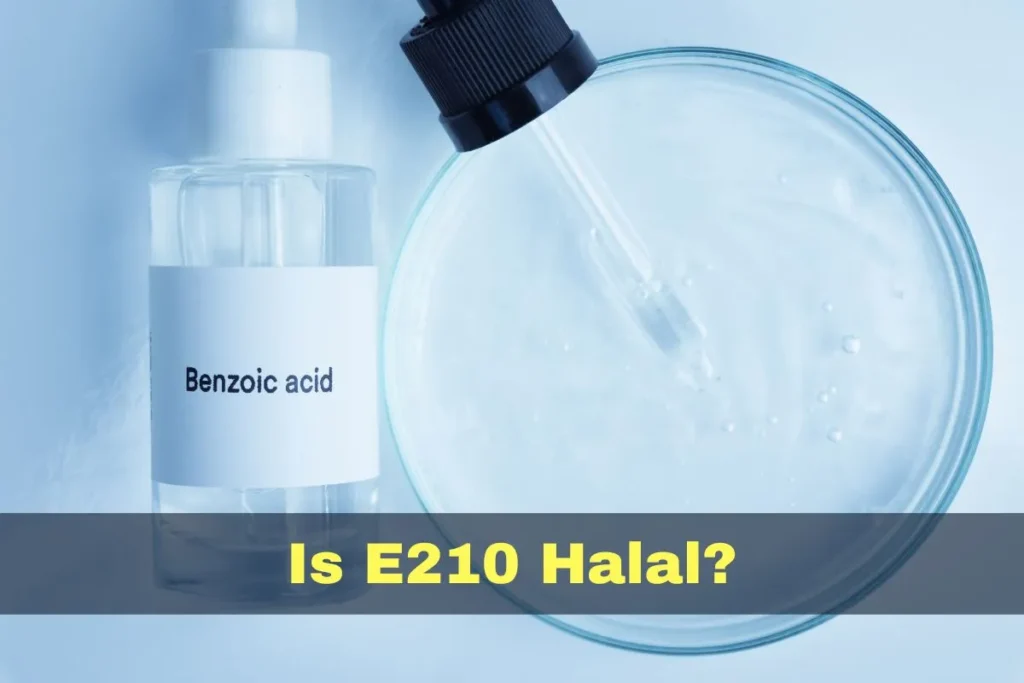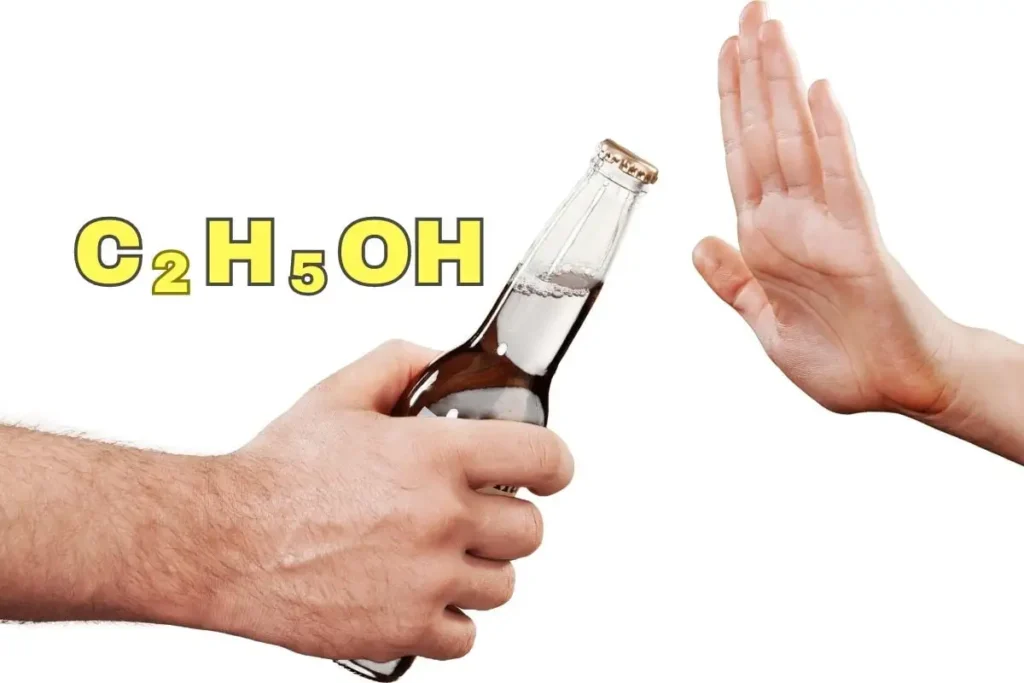Greetings, fellow food enthusiasts and mindful consumers! Today, we embark on a quest to answer a fundamental question: Is E210 halal?
As we navigate the world of food additives, it’s crucial to make informed choices about what we consume. In this article, we’ll dive deep into E210, exploring its composition, source, potential effects, regulations, dosages, and alignment with halal principles. So, let’s begin our journey to uncover the truth about E210!
Key Takeaways
| 📌 E210 Overview: E210, or benzoic acid, is a common food additive used to preserve various food and beverage products by inhibiting the growth of microorganisms like bacteria and molds. |
| 📌 Source: E210 is primarily sourced from the gum benzoin tree, making it plant-based and aligning with halal dietary principles. |
| 📌 Halal Status: E210 is typically considered halal due to its plant-based source and absence of animal-derived ingredients. It’s a choice aligned with Islamic dietary guidelines. |
What Is E210?
Let’s embark on this quest by demystifying the enigmatic E210. What exactly is it? E210, scientifically known as benzoic acid, is a familiar food additive that plays a pivotal role in food preservation.
You’ll find it in an array of products, from beverages to jams to snacks. Its primary function is to inhibit the growth of microorganisms and extend the shelf life of these items. But what’s even more intriguing is the effectiveness of this substance.
How does it manage to keep our food fresher for longer?
Chemical Structure
For those of you with a curious disposition, let’s dive into the chemical structure of E210. At its core, benzoic acid is an aromatic compound, and its structure is composed of a benzene ring fused to a carboxylic acid group.
This specific structure is responsible for its preservative properties. It functions by disrupting the growth of microorganisms, particularly bacteria, and molds. In essence, it’s like the guardian of our food, ensuring that it stays safe and unspoiled.
What Is E210 Made From?
The origins of E210 are crucial for understanding its place in the world of food additives. This compound is derived from various sources, but its primary natural source is the gum benzoin tree, which produces benzoic acid.
While the natural source is plant-based, benzoic acid can also be synthesized from other materials. Nevertheless, in the context of halal considerations, it’s the source that holds paramount importance.
Possible Side Effects
As responsible consumers, we’re naturally concerned about the potential side effects of food additives. The reassuring news is that benzoic acid, E210, is generally recognized as safe (GRAS) when used within specified limits.
It has undergone rigorous testing and safety evaluations by food regulatory agencies. While there may be isolated cases of individuals with sensitivities experiencing mild allergic reactions or digestive discomfort, these occurrences are rare and far from the norm.
Regulations and Guidelines
Now, we tread into the world of regulations and guidelines pertaining to E210. It’s imperative to grasp that these standards can differ significantly from one country to another.
E210 or Benzoic Acid is generally considered safe for consumption by regulatory agencies such as the European Food Safety Authority (EFSA) and the United States Food and Drug Administration (FDA)
Staying well-informed is our shield in this dynamic landscape. To ensure the most up-to-date information, it’s highly recommended to consult your local food safety authority or visit the official websites of relevant regulatory bodies.
Dosage and Administration
Understanding the proper dosage and administration of E210 is crucial, as overdosing can have unintended consequences. Manufacturers, in their responsibility, ensure that E210 is added to products within carefully defined limits.
As consumers, we don’t need to concern ourselves with measuring out E210 – that’s the domain of the food producers. To quell any doubts regarding dosage, all the necessary information is conveniently available on the product label.
Is E210 Halal or Haram?
And now, we approach the heart of the matter – is E210 halal or haram? This is a vital consideration for individuals adhering to a halal diet or anyone who wishes to respect Islamic dietary guidelines.
E210, benzoic acid, is typically considered halal. Since it is primarily sourced from plants and not animal-derived ingredients, it aligns with halal dietary principles.
Find out more:
Is E202 Halal or Haram?
Is E211 Halal or Haram?
Conclusion
In summary, E210, benzoic acid, stands as a sentinel against spoilage in numerous food and beverage products. Derived from natural sources, generally safe for consumption, and often considered halal, it plays a crucial role in preserving the freshness of the items we enjoy.
As discerning consumers, we wield the knowledge to make informed choices about the foods we incorporate into our daily lives.
Allahu A’lam (Allah Knows Best)
FAQ
What Is the Source of E210?
E210 is primarily sourced from the gum benzoin tree, a natural plant-based origin.
Is E210 Safe for Consumption?
Yes, E210 is generally recognized as safe for consumption. However, individuals with specific sensitivities may experience rare allergic reactions or mild digestive discomfort.
What Are Some Common Food Products That Contain E210?
You’ll find E210 in a wide range of food and beverage products, including jams, snacks, and beverages.
What Is the CAS Number of E210?
The CAS number for E210, benzoic acid, is 65-85-0.
Is E210 Banned in Any Country?
As of the latest information available, E210 is not banned in any country. Nonetheless, it’s important to stay updated on regulatory changes, as they can evolve over time.
- Is Pop Tarts Halal? What You Need to Know - February 18, 2024
- Are Graham Crackers Halal in Islam? - January 19, 2024
- Is Keebler Wheatables Halal? - January 18, 2024





